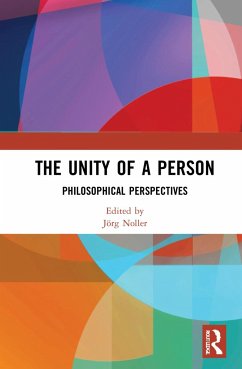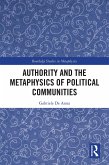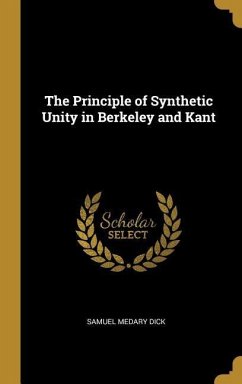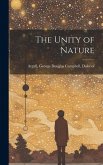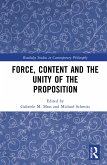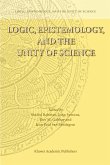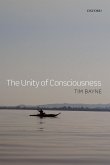What constitutes personhood? How are persons and their bodies related? What is the relationship between personhood and value? The Unity of a Person: Philosophical Perspectives explores the current debates surrounding the philosophy of personal identity and offers a fresh approach to this important topic. It is original in bringing together three approaches to personal identity that are traditionally treated separately: the metaphysical, the phenomenological and the social. By examining these three areas this volume establishes connections between the underlying metaphysical issues surrounding personal identity and the specific forms of personal existence such as self-consciousness, action, and normativity. Topics discussed include personhood and animalism, process ontology, self-identity over time, sociality and personhood, and the normative status of personhood. With chapters by an outstanding international roster of contributors, this collection will be of great interest to those studying personal identity and the nature of the self in metaphysics, philosophy of mind, and phenomenology.
Hinweis: Dieser Artikel kann nur an eine deutsche Lieferadresse ausgeliefert werden.
Hinweis: Dieser Artikel kann nur an eine deutsche Lieferadresse ausgeliefert werden.

